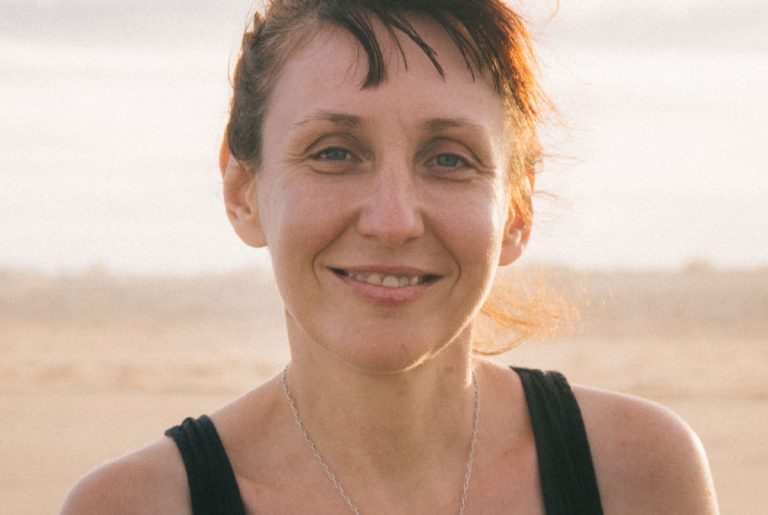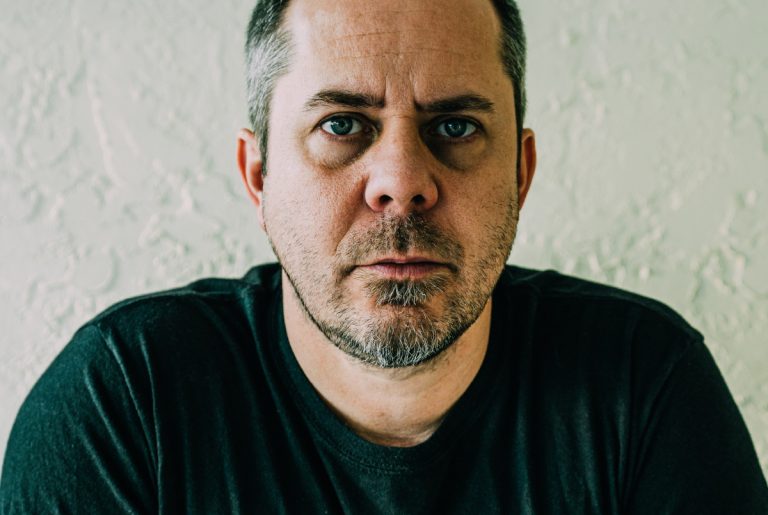According to the Australian Bureau of Statistics (ABS), 1 in 18 men have experienced physical or sexual violence from a current or previous partner who they lived with. 1 in 9 have experienced violence as a child.
In our work, we support men who are victim survivors of domestic and family violence, and their stories paint a concerning picture of the prevalence of violence in Australia. They also show how varied the experiences of abuse can be and the many barriers men can face when seeking safety and support.
In some cases, the person using violence is not always an intimate partner. It could be:
- their young child/teenager, adult child or stepchild
- parent or stepparent
- family members or people involved with current or former partners
Domestic abuse includes a range of behaviours, not just physical forms of violence
According to ABS Personal Safety data, 1 in 7 men have experienced emotional abuse from a current or former partner. This type of abuse can be linked to financial abuse and controlling behaviour.
Abusive partners may make threats to take away access to children, to financially ruin their partner through legal action, or to make false allegations to police.
These behaviours can impact the safety and wellbeing of people, as well as other issues like a loss of confidence and self-esteem or ongoing mental health challenges.
Why men might not seek help
Men can feel afraid of stigma and judgement around their experiences, which might make them less likely to get help. Other barriers include a lack of knowledge of available services, shame and confusion.
For some men, accessing support challenges deeply engrained beliefs about what it means to be a man, and gendered norms and expectations.
For men from the LGBTQI+ community, or migrant and refugee communities, they might also come up against a lack of tailored programs, concerns about privacy and confidentiality, and the risk of being ostracised from their communities.
Due to the prevalence of men who use violence, there are many instances of men being met with suspicion when coming forward as a victim survivor.
There is help available
Violence of any kind, against anyone, is never acceptable. If you are experiencing violence and abuse, or know someone who is, there is judgement-free support, counselling, and professional advice readily available.
Silence and isolation can compound the problem, and violent behaviours are unlikely to change without professional support, and sometimes, legal intervention.
If you have experienced any of the following, please seek help and support:
- Emotional abuse, like yelling, name-calling, or constant criticism
- Physical violence such as hitting, scratching, punching, pushing, or slapping
- Dominating, frightening, humiliating, or controlling behaviour, including making threats of violence
- Behaviours or actions that prevent you from seeing or talking to your friends and family, leaving you socially isolated
Support services for male victim survivors of domestic violence
Mensline Australia
A free telephone and online counselling service for men.
Call: 1300 789 978
Online and video chat
Lifeline
A national charity providing 24-hour crisis support and suicide prevention services via phone, online chat, and text messaging.
Call: 13 11 14
Online chat
1800RESPECT
A free national sexual assault, domestic and family violence counselling service.
Call: 1800 737 732
Online chat
Mental Health Advice Line
Mental Health Line offers professional help and advice, as well as referrals to local mental health services.
Call: 1800 011 511
More information
Family Advocacy and Support Service
Relationships Australia NSW runs this free service for for affected by domestic or family violence, and trying to navigate the Family Court system.
QLIFE
Australia-wide anonymous, LGBTI peer support and referral services for people wanting to talk about a range of issues including sexuality, identity, gender, bodies, feelings or relationships.
Call: 1800 184 527
13YARN
A 24/7 crisis support service for Aboriginal and Torres Strait Island to provide a confidential and culturally-safe space to yarn.
Call: 13 92 76
Legal Aid NSW
Speak with someone who can provide you with legal information and identify services in your area that might be able to help.
Call: 1300 888 529
Relationships Australia NSW offers several specialist services for men who have experienced violence, including individual counselling and our family advocacy and support. Call 1300 364 277 for a confidential discussion.
Related Services & Workshops

Counselling.Individuals.Older People.LGBTQIA+
Individual Counselling
Life can be full of ups and downs. While we may be able to overcome most challenges by ourselves, sometimes we need some extra support. Individual Counselling offers a supportive environment to identify and manage problems and concerns.

Tailored Services.Individuals.Domestic Violence
Family Advocacy and Support Service
The Family Advocacy and Support Service (FASS) is a free service which supports men going through the Family Court system in cases of domestic and family violence. By offering aid to both perpetrators and victims, we aim to encourage long term positive behaviour change.






